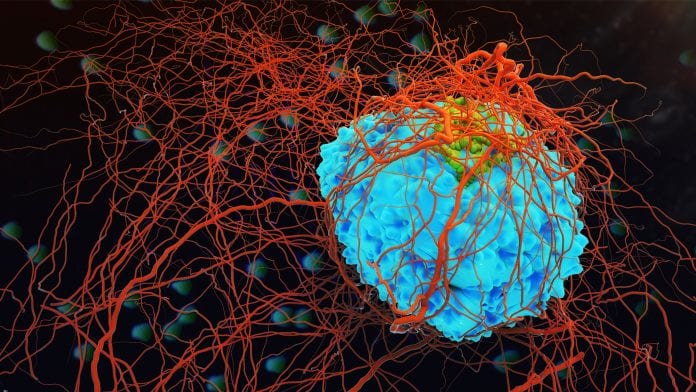
New research reveals that Mycoplasma bacteria make DNA in a unique way that may protect them from our immune response.
Researchers from Stockholm University, Sweden, have found that such findings could provide new avenues to combat the pathogens that utilize this strategy. The study regarding Mycoplasma bacteria and pathogens is published in the scientific journal Nature.
What do you know about Mycoplasma bacteria?
Each time they split, bacteria need to replicate their entire DNA structure, the blueprint of the cell.
Vast amounts of the four different DNA building blocks have to be produced. The enzyme making the building blocks is known as ribonucleotide reductase (RNR).
Over the past 50 years, due to its essential role, RNR has been intensely studied. During this time it has been observed that in all organisms, from humans to bacteria, RNR requires metal ions to function.
One general strategy that our immune system uses to combat invading bacteria is to starve them of metals.
What have researchers discovered?
Vivek Srinivas, from the Department of Biochemistry and Biophysics, Stockholm University, Sweden and one of the authors of the study explains: “We discovered a family of RNR proteins in Mycoplasma that does not need metals.”
Metal-free ribonucleotide reduction powered by a DOPA radical in Mycoplasma bacteria, the researchers show that instead of using metals, this specific type of RNR uses an altered amino acid radical to initiate the chemical reaction.
Radicals are essentially molecules with an odd number of electrons, which is something that renders them very reactive.
Many of the bacteria that utilize this new group of RNR are Mycoplasma bacteria and pathogens that invade mucosal surfaces in the respiratory and genital tracts.
It is possible that this extraordinary way to make DNA building blocks progressed so that the bacteria can survive and multiply despite a lack of metals.
Martin Högbom, professor at the Department of Biochemistry and Biophysics, Stockholm University and leader of the research project concludes: “It is remarkable how evolution found an alternate chemical solution to this problem, something we didn’t think was possible without metals.
“Of course, this also means that there may be new avenues to combat the pathogens that utilize this strategy.”






















